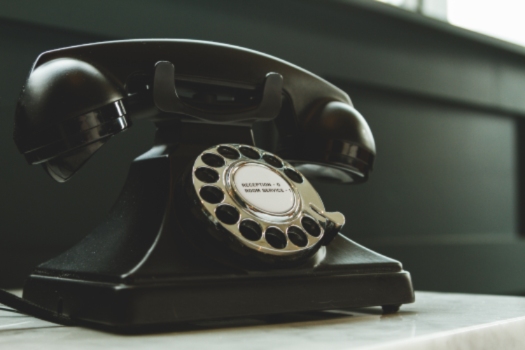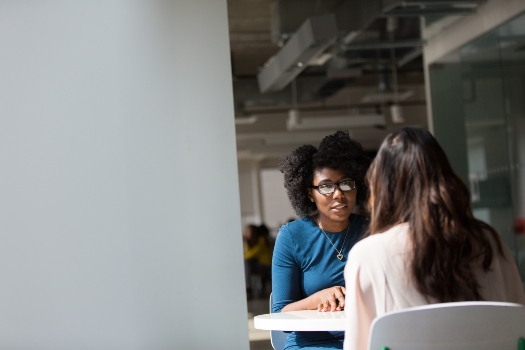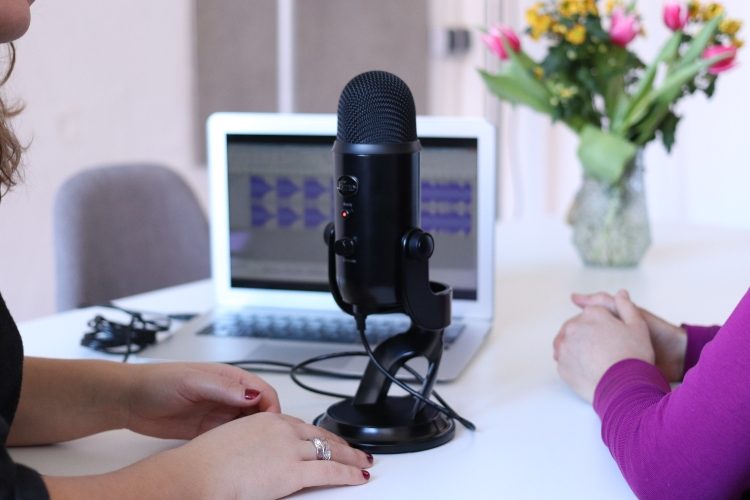Interviews are a great way of making articles stand out, as well as in educating others. An interview can either be stand-alone or incorporated into an article to spice it up and make it more interesting. Let’s look at some of the vital elements to take into account when preparing for and conducting your first interview with a journalist.
Finding the interviewee
It may be somewhat overwhelming to think of starting out the process to find your interviewee. Think of journalists that you follow from your state or city and consider if you could reach out to speak to them. In order to make that first contact, you could do a google search for their email, or even send a message via a social media platform such as twitter. Tell them who you are, that you are a contributor to RGNN and that you would be delighted to have the opportunity to conduct a short interview with them. If this is a journalist who has recently published, then mention the book and that you would love to discuss both this and other questions relating to their role as a journalist. If this is not applicable, explain that RGNN provides content and tips for budding journalists and that we would love to hear from an expert in the field. While it might seem tempting, remember that friends and family are not potential interviewees!
The interview format
Email interviews
To start out, email interviews may be the easiest to conduct and the least nerve-racking. You could simply send your journalist a list of 5-8 questions and ask them to answer these when they can. This is also the least strenuous option for the journalist and therefore might be more appealing to them than, for example, meeting for an in-person interview.

Phone/skype interviews
Like an email interview, this option is both easier to arrange and less time-consuming for your prospective interviewee.
In-person interview
Of course, if you do feel more comfortable and confident giving interviews and meeting the journalist in person, this would be an ideal format. Try to choose a location where the journalist will feel most comfortable, such as in their favorite cafe in their area, or their home/ office. Be aware that if the interviewee feels at home, they will be more relaxed and willing to answer the questions openly and thoughtfully.
Question preparation
Always prepare your questions prior to the interview. Brainstorm 10-12 questions and then cut them down to the 5-8 you feel are most relevant. Practice asking your questions on a friend or family member to get used to saying them out loud.
Conducting the interview
Always record the interview on a recording device or phone, but you must ask the journalist’s permission before doing this. This obviously doesn’t apply to email interviews. In terms of phone or in-person interviews, it is still advisable to take notes of the highlights. Don’t jot down everything, however, as this could slow down the process and perhaps cause you to lose concentration or miss an opportunity to ask an insightful new question.
Remember you will need to include a photo/s of the interviewee so ask them beforehand (if it’s an in-person interview) if you can take a photo of them. Otherwise, get them to send you a professional photo to include in the article.

Questions to ask
It would be very interesting to find out how these journalists got to where they are now and so start out by asking them about their background- what they studied in college, if they were involved in the college newspaper or magazine, about their first job and how they progressed to the position they are now in. Ask them what drew them to journalism and what they love most about it. You could also ask if there are any negative sides to the job.
If your interviewee recently published a book, of course you should have tried to read it beforehand and mention it in the interview. Ask about the subject matter of the book (allowing the author to sell it a bit) and enquire about why they wrote it, the transition from writing in a journalistic style to that of a novel (or whatever genre applies to this particular book), their experience writing and publishing a book etc.
If the interview is focused on a particular topic, for example, an interview with an environmental journalist on the importance of the medium in spreading awareness about the current environmental crisis, then tailor your questions accordingly.
Always try to adopt a personalized and perceptive approach to your interview. Of course much of its quality depends on the answers you receive, but the more thought-provoking the questions, the more likely the answers will follow suit. Brainstorm and come up with insightful questions that approach the topic of discussion from various angles, which will ensure that the interview (and in turn the article) is interesting and unique.
Check out an example of an interview we conducted with RGNN expert and mentor Denis Doyle here.

